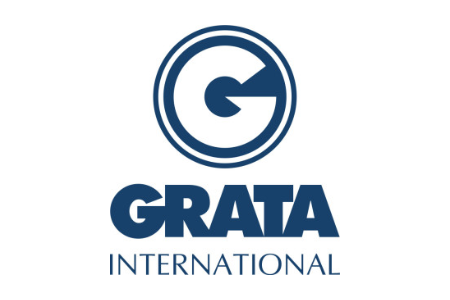
Whistleblower cases in the corporate world often present complex ethical dilemmas for lawyers. Elite lawyers often find themselves representing powerful corporations while also being tasked with defending the rights of whistleblowers who have exposed wrongdoing within those corporations. This creates a conflict of interest that can be difficult to navigate.
However, this is just one of many ethical dilemmas that corporate lawyers face when dealing with whistleblower cases. In this article, we will explore some of the common ethical issues that arise in these cases and how lawyers can navigate them. We hope that this will provide some guidance for future lawyers who find themselves in these challenging situations.
Proper Balance Between Client Loyalty and Legal Obligations
Did you know that corporate lawyers often find themselves walking a tightrope between upholding client loyalty and fulfilling their legal obligations? Tom Goodhead and Harris Pogust, big names who often deal with class action lawsuits shared their dilemmas. On one hand, they have a duty to zealously work with, representing their clients and protecting their interests. This includes maintaining confidentiality and providing the best defense possible.
However, when faced with information that could potentially harm the public or expose wrongdoing within the company, lawyers must navigate carefully. They need to balance their allegiance to the client with broader ethical considerations and legal responsibilities. It’s truly a delicate dance that demands finesse and strategic decision-making. Therefore, corporate lawyers must tread carefully in these situations to ensure they uphold both professional ethics and legal duties effectively.
Confidentiality vs. Public Interest

On one hand, lawyers have a duty to protect their clients’ information and maintain confidentiality. However, there is a pressing need to balance this with the greater good of society and the public interest in exposing wrongdoing within organizations. This can put lawyers in a tough spot as they navigate legal and moral obligations.
In some instances, maintaining confidentiality may be crucial for preserving trust with clients and upholding professional ethics. Yet, when faced with evidence of misconduct that could harm individuals or society at large, the line between loyalty to clients and broader ethical responsibilities becomes blurred.
Protection of the Whistleblower
We’re talking about those who often risk their careers and personal well-being to expose wrongdoing within organizations. Lawyers need to ensure that whistleblowers are shielded from retaliation and discrimination. So, sometimes, maintaining anonymity is key in safeguarding whistleblowers.
Lawyers should take measures to protect their identities and prevent any form of retaliation from the company or colleagues. By creating a safe space for whistleblowers to come forward, lawyers play a vital role in upholding justice and accountability.
Legal professionals need to provide emotional support to whistleblowers throughout the process. Facing backlash can be daunting, so offering guidance and reassurance can definitely make a huge difference in their journey toward seeking justice.
Conflict of Interest

Navigating the very murky waters of conflict of interest is a challenge that many corporate lawyers face when dealing with whistleblower cases. Sure, they may have a duty to thoroughly advocate for their clients and uphold client loyalty. But don’t forget that they must also adhere to ethical obligations and avoid any conflicts that may compromise their integrity.
The dilemma arises when representing both the company accused of wrongdoing and the whistleblower exposing it. This dual representation can often blow a conflict of interest as the lawyer’s loyalties are divided between protecting their client’s interests and advocating for justice on behalf of the whistleblower.
In these situations, corporate lawyers must approach these cases with integrity, professionalism, and a strong commitment to upholding the law. By prioritizing ethics and always striving to do what is right, even in challenging circumstances, lawyers can navigate whistleblower cases successfully while maintaining their professional integrity.


